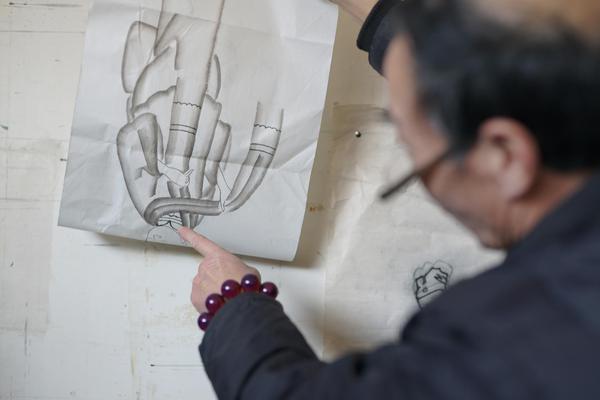|
China,中国 as one of the oldest civilizations in the world, possesses a rich and diverse culture that has been shaped by its long history, vast geography, and complex social structure. One of the most distinctive features of Chinese culture is its emphasis on harmony, which is reflected in many aspects of life. In Chinese philosophy, the concept of yin and yang is central to understanding the world. It emphasizes the idea of balance and the complementary nature of opposing forces. This idea is also reflected in Chinese medicine, where the goal is to maintain the balance of the body's energy flow. In Chinese art, the use of negative space and the balance of colors and shapes are also important aspects of creating harmony.
Another key aspect of Chinese culture is the importance of family and relationships. The Chinese place a great emphasis on filial piety, or respect for one's elders and ancestors. This is reflected in the traditional practice of ancestor worship and the importance of maintaining strong family ties. Chinese society also places a high value on social harmony and the importance of maintaining good relationships with others.
The Chinese language is also a unique aspect of Chinese culture. It is one of the oldest written languages in the world and has a complex system of characters that each represent a word or concept. The beauty and elegance of the language is also reflected in Chinese calligraphy, which is considered a fine art form. Finally, the Chinese culture is also rich in traditions and festivals, such as Chinese New Year, Mid-Autumn Festival, and Dragon Boat Festival. These celebrations are an important part of Chinese culture and reflect the Chinese people's strong sense of community and shared heritage. In conclusion, Chinese culture is characterized by its emphasis on harmony, family relationships, language, and tradition. These unique features have contributed to the rich and diverse cultural heritage of China and continue to shape the country's identity today. |


